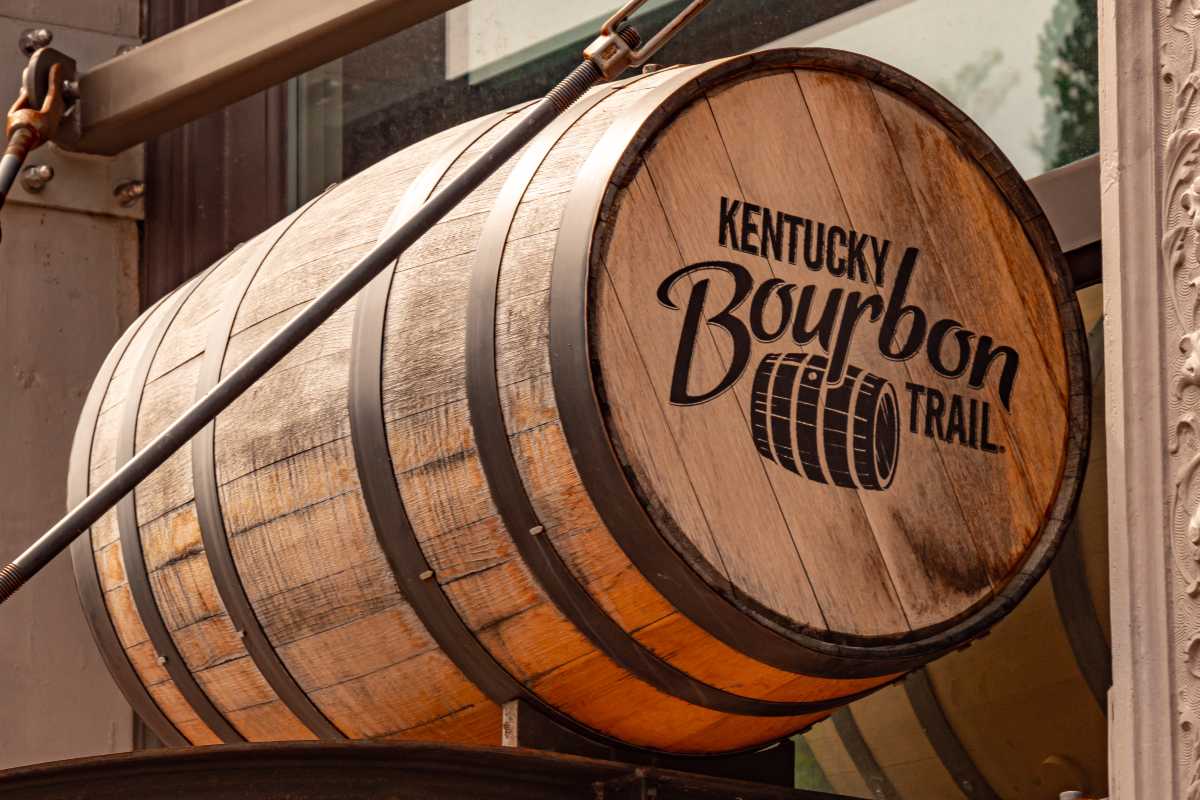
Kahnawake-based Morris Mohawk Gaming Group named in KY class action
Lawsuit seeking action against Bovada and others
A new class action suit in Kentucky could create issues for online gambling site Bovada and a group of people the plaintiff believe to be affiliated with the site.
Bovada’s alleged parent company, MMGG and its CEO and founder, Quebecer and Olympian Alwyn Morris have been named in the case. The lawsuit also names Bodog founder Calvin Ayre and the Curaçao-based Harp Media BV.
In the case, Kentucky resident Billi Jo Woods accused Bovada of illegally catering to US customers.
“Bovada has evaded the laws of Kentucky and other states. Bovada has advertised and presented itself to consumers in Kentucky as a legitimate online business. But this is false. In fact, Bovada is an illegal enterprise. Bovada’s online presence and advertising provided an aura of legitimacy and legality to Plaintiff and class members,” the complaint read.
In the complaint, Woods claims that Bodog lists Bovada as a sister site in its network and encourages those in Kentucky visiting Bodog.com to check out Bovada instead.
In 2012, Bodog was the subject of a federal indictment involving a quartet of Canadians, including Ayre. The case eventually concluded in 2017 with Ayre pleading to one misdemeanor count.
When Bodog left the US market in 2011, a press release noted that the Morris Mohawk Gaming Group would operate as Bovada in the US going forward.
Woods also asserts that MMGG currently owns Bovada. While MMGG has previously owned the Bovada, the current Bovada website lists Harp Media as its owner and operator.
Moreover, Morris says on his website that he sold MMGG and Bovada in 2017 and has not been involved in the organization since.
Bovada does not operate in Ontario but does cater to customers in other Canadian provinces as part of the grey market.
The lawsuit invokes a Kentucky gambling law that has been on the books for over 200 years that allows those who have lost money gambling to recoup those losses from those operating the gambling entity.
The state of Kentucky successfully used the law to sue PokerStars, resulting in the online poker state paying the state $300 million, though it did take the better part of a decade for the suit to reach a conclusion.